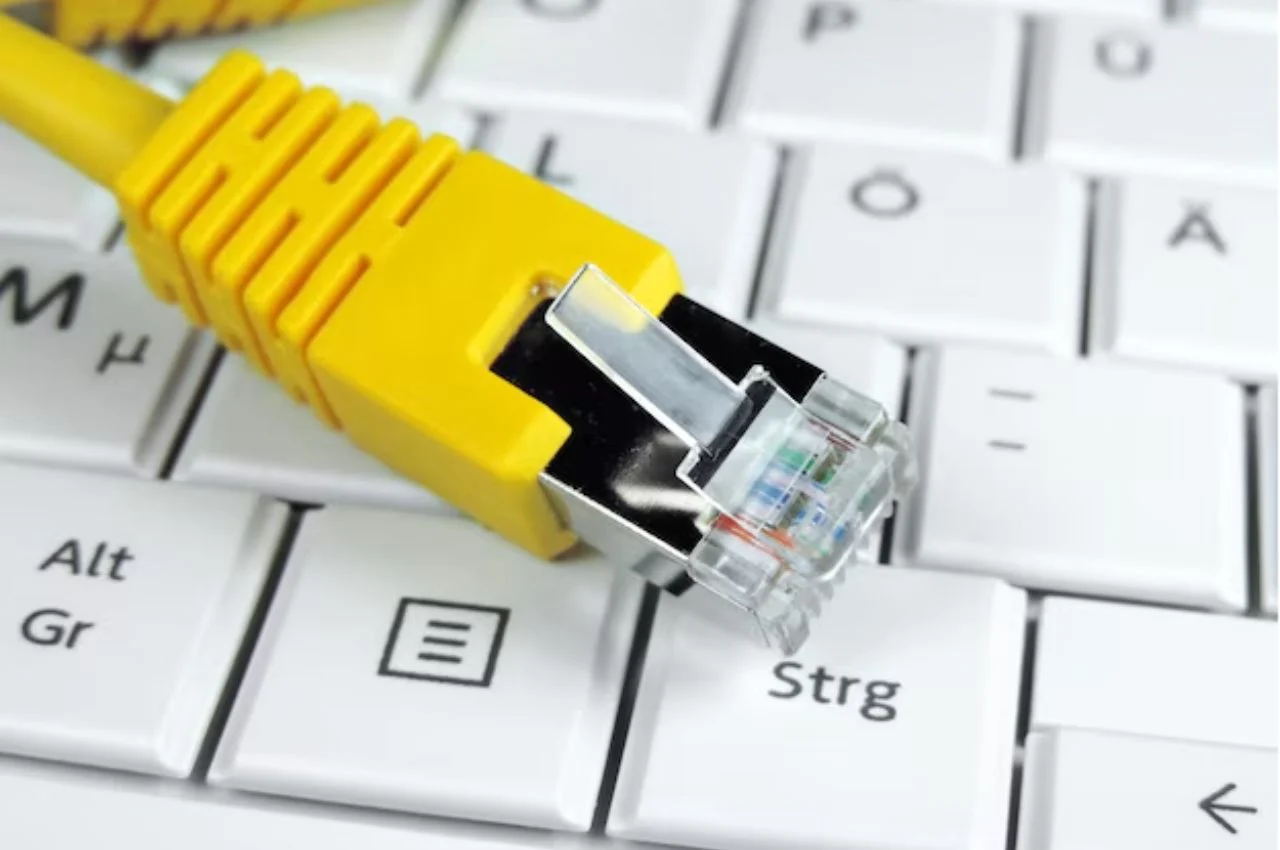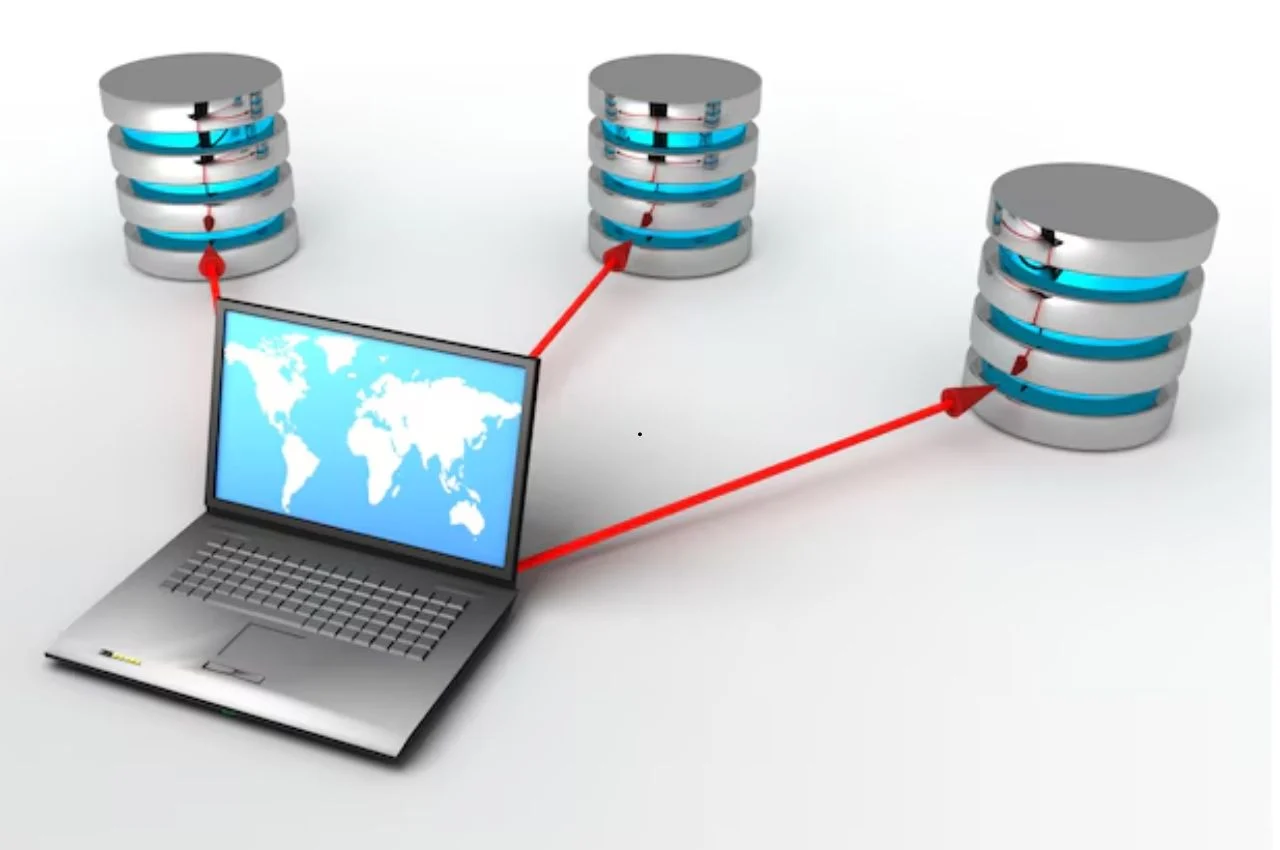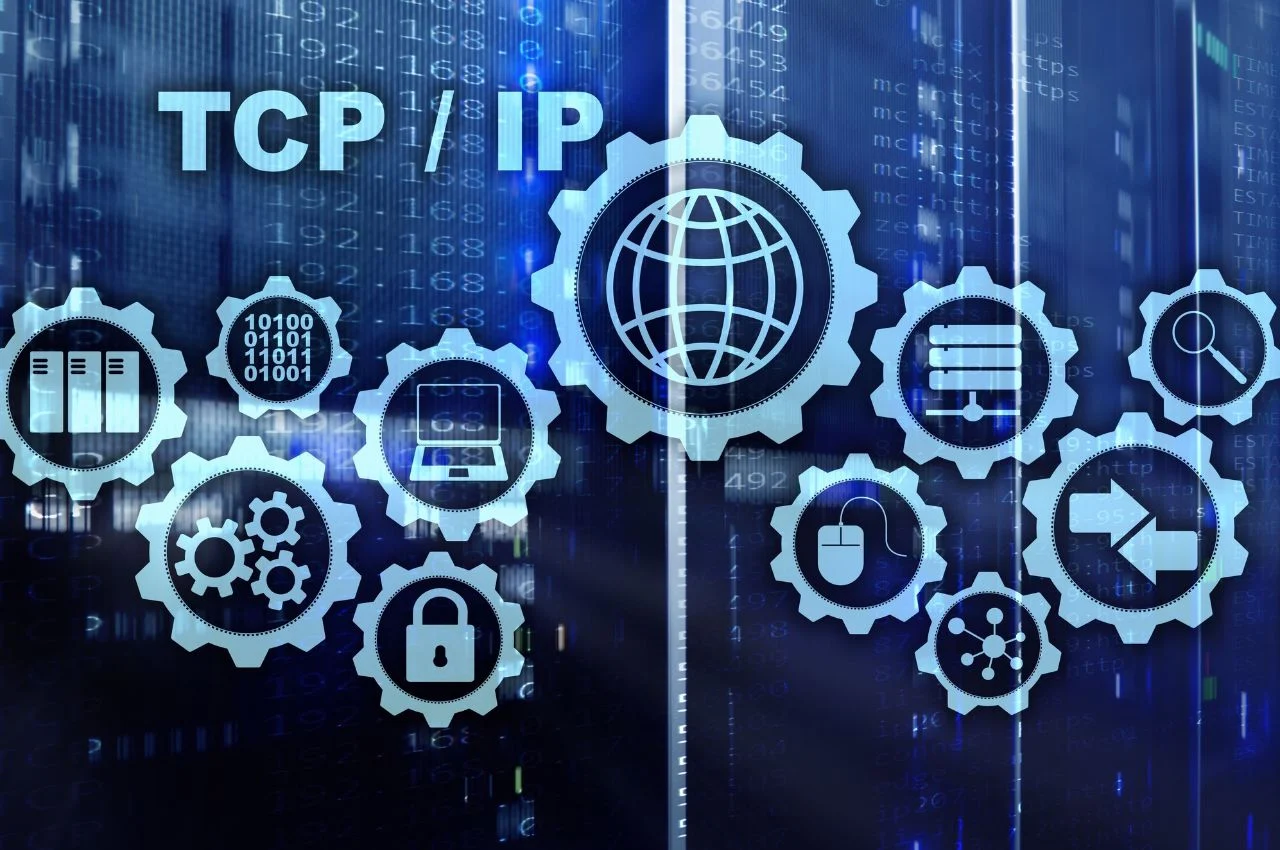An IP address is a unique identifier for devices connected to a network. It consists of numbers separated by periods.
In today’s digital world, understanding what an IP address is and how it functions is essential for navigating the internet. An IP address, short for Internet Protocol address, serves as a virtual location for devices to communicate with each other. Just like a physical address helps mail reach its destination, an IP address ensures data reaches the correct device on a network. This numerical label plays a crucial role in enabling seamless communication and data transfer between devices worldwide. Whether browsing the web, sending emails, or streaming content, the concept of IP addresses underpins the foundation of modern connectivity.
Table of Contents
The Basics of IP Addresses
IP addresses are numerical labels assigned to devices connected to a network. They serve two primary functions: identifying the host or network interface and providing the location of the device in the network topology. IPv4 addresses consist of four sets of numbers separated by dots (e.g., 192.168.1.1), while IPv6 addresses use a longer hexadecimal format to accommodate the growing number of devices on the internet.

What is an IP Address
An IP address, short for Internet Protocol address, is a unique numerical label assigned to each device connected to a computer network that uses the Internet Protocol for communication. It serves two main functions: identifying the host or network interface and providing the location of the host in the network.
Types of IP addresses
- Public IP Address: A public IP address is a globally unique address provided by an internet service provider (ISP) to a device. It allows the device to communicate with other devices over the internet.
- Private IP Address: A private IP address is used within a local network and is not accessible from the internet. It is typically assigned to devices within a home or business network.
How IP Addresses Work
IP (Internet Protocol) addresses are numerical labels assigned to devices connected to a network, identifying them and enabling communication. IPv4 addresses consist of four sets of numbers separated by dots (e.g., 192.168.1.1), while IPv6 uses longer alphanumeric combinations. IP addresses facilitate data transmission across the internet by routing packets of information between sender and recipient devices, ensuring accurate delivery and connectivity.
The Structure of an IP Address
An IP address is a unique identifier assigned to devices connected to a network. It consists of four sets of numbers separated by periods, serving as a digital address for communication on the Internet. Each IP address distinguishes devices and facilitates data transfer across networks.
An IP address is a unique identifier assigned to every device connected to a network. It enables devices to communicate with each other over the internet. The Structure of an IP Address is crucial to understanding how data is transmitted across networks.
Ipv4 Address Structure
IPv4 addresses are 32-bit numbers represented in decimal format. They are divided into four octets separated by periods. Each octet ranges from 0 to 255. For example, 192.168.1.1 is a common IPv4 address format used in home networks.
Ipv6 Address Structure
IPv6 addresses are 128-bit numbers written in hexadecimal format. They are separated by colons and can include letters from A to F. IPv6 was introduced to address the limited number of available IPv4 addresses and provide better security and performance for internet-connected devices.
Ip Address Allocation
An IP address allocation refers to the process of assigning unique numerical labels to devices participating in a computer network that uses the Internet Protocol for communication. IP addresses are essential for devices to communicate with each other over the internet. The allocation of IP addresses is managed by the Internet Assigned Numbers Authority (IANA) and its regional partners, who are responsible for distributing IP addresses to Internet service providers (ISPs) and other organizations.
Static Vs. Dynamic Ip Addresses
Static IP addresses are manually configured and remain fixed, providing a consistent location for a device on the internet. In contrast, dynamic IP addresses are assigned automatically by a server, allowing devices to have different addresses each time they connect to the network. Dynamic IP addresses are commonly used by ISPs to efficiently manage their address pool and reduce the need for manual configuration.
DHCP and IP Address Assignment
The Dynamic Host Configuration Protocol (DHCP) is a network management protocol used to automatically assign IP addresses and other network configuration parameters to devices on a network. When a device connects to a network, the DHCP server assigns it an available IP address from a predefined range. This simplifies network administration and eliminates the need for manual IP address assignment, especially in large networks where the number of devices is constantly changing.
IP Address and Geolocation
When it comes to understanding the connection between IP addresses and geolocation, it’s essential to grasp the significance of how IP addresses are utilized to pinpoint the geographical location of a device or network. Geolocation plays a crucial role in various online activities, such as targeted advertising, content localization, and cybersecurity measures.

An IP address, or Internet Protocol address, is a numerical label assigned to each device connected to a computer network that uses the Internet Protocol for communication. This unique identifier serves as a crucial component in the functioning of the internet, allowing devices to communicate with one another.
Using IP addresses to Identify Locations
IP addresses can be employed to determine the geographical location of a device or network. This process, known as geolocation, leverages various data points to estimate the physical location associated with an IP address. Geolocation data includes information such as country, region, city, latitude, and longitude, providing valuable insights into the location of internet users.
Security and IP addresses
An IP address is a unique numerical label assigned to devices connected to a network for identification and communication. It serves as a digital address for data transmission and security measures to ensure safe online interactions.
In today’s digital world, security is one of the most crucial aspects that individuals and businesses need to take into consideration. In this context, IP addresses play a significant role in securing networks and systems. An IP address is a unique identifier assigned to a device connected to the internet, which enables it to communicate with other devices. It is like a digital address that allows information to be sent and received from one device to another.
However, IP addresses can also be used for malicious purposes, such as hacking, spamming, or launching cyber-attacks. Hence, it is essential to understand how IP addresses can be used to enhance security measures and protect against potential threats.
IP Address Spoofing
IP address spoofing is a technique used by hackers to conceal their identity and launch an attack on a network or system. It involves changing the source IP address of a packet to make it appear as if it is coming from a different device. This technique can be used to bypass security measures such as firewalls, intrusion detection systems, and access control lists. However, there are several ways to detect and prevent IP address spoofing, such as using anti-spoofing filters, implementing strict access control policies, and monitoring network traffic for suspicious activity.
IP Address Filtering and Security Measures
IP address filtering is a technique used to block or allow traffic based on the source or destination IP address. It is an effective way to prevent unauthorized access to a network or system and to filter out unwanted traffic. IP address filtering can be implemented using a firewall, router, or other network devices.
Additionally, there are several security measures that can be taken to enhance IP address security, such as using strong passwords, enabling two-factor authentication, and keeping software and firmware up-to-date. In conclusion, IP addresses play a significant role in securing networks and systems. They can be used to enhance security measures and protect against potential threats. However, they can also be used for malicious purposes such as hacking and cyber-attacks.
Hence, it is crucial to implement proper security measures such as anti-spoofing filters, IP address filtering, and other security measures to prevent unauthorized access and ensure the safety of networks and systems.
IP Address Management
IP address management involves the organization and allocation of IP addresses within a network to ensure efficient utilization and connectivity. It includes assigning static and dynamic IP addresses, subnetting, and managing IP address pools. Effective IP address management supports network stability, security, and scalability, crucial for maintaining seamless communication and resource allocation across devices and services.

IP Address Tracking and Monitoring
IP address tracking and monitoring involve tracing and analyzing internet protocol (IP) addresses to gather insights into user behavior, security threats, and network performance. It helps identify and mitigate risks like malicious activities and enhances network optimization. This process is crucial for maintaining security protocols and ensuring efficient data transmission across various digital platforms.
Best Practices for IP Address Management
- Regularly update IP address documentation for accurate record keeping.
- Implement automated IP address management tools for efficiency.
- Assign static IP addresses to critical devices for consistency.
- Monitor IP address usage to prevent conflicts and optimize resources.
Conclusion
Understanding IP addresses is crucial for navigating the online realm. They serve as unique identifiers for devices connected to the internet. By grasping their significance, you can enhance your cybersecurity and online experience. Stay informed about IP addresses to optimize your digital presence effectively.


